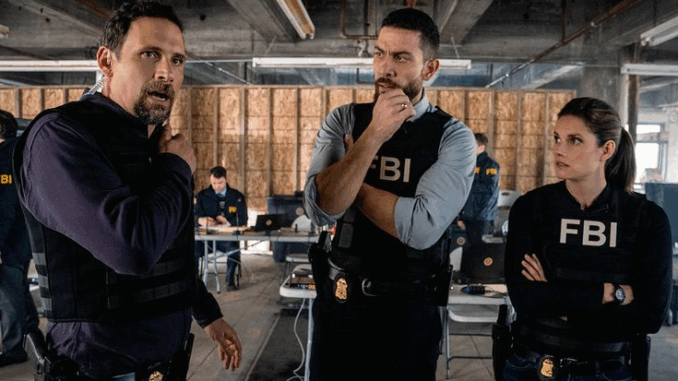
At first glance, FBI is a show about chasing criminals — drug lords, terrorists, cyberhackers. But beneath the shootouts and tactical raids lies a deeper truth: FBI is a drama about trust, resilience, and what it means to put everything on the line for justice.
Characters You Can’t Forget
Unlike some procedurals where cases overshadow the cast, FBI thrives because of its ensemble. Maggie’s quiet strength, OA’s fierce loyalty, Jubal Valentine’s (Jeremy Sisto) fast-talking brilliance — these aren’t just archetypes, they’re people you believe in.
The writers weave in their backstories slowly, revealing how each agent’s past shapes their decisions in the field. A veteran’s PTSD, a working mother’s guilt, a leader’s burden — these personal threads give weight to the gunfights and chase scenes.
Balancing Drama and Danger
Every week, FBI walks a tightrope between explosive storytelling and grounded emotion. The criminals are dangerous, but so are the choices the agents face — do you bend the rules to save a life? How do you keep your humanity when your job shows you the worst in people?
It’s this moral complexity that elevates the show beyond formula.
Why It Matters Now
In a time when law enforcement dramas face scrutiny for how they depict policing, FBI leans into accountability. Episodes tackle current issues — hate crimes, domestic terrorism, systemic corruption — without losing their commitment to entertainment.
For viewers, it’s not just about solving the case. It’s about watching people fight for what’s right in a world that’s rarely black and white.
